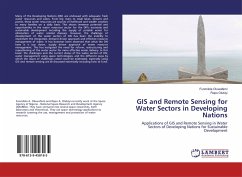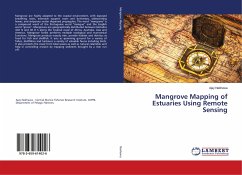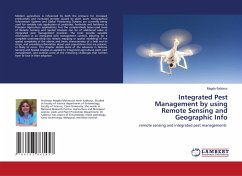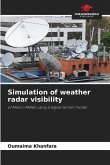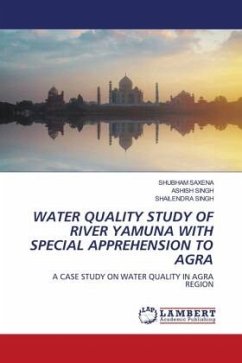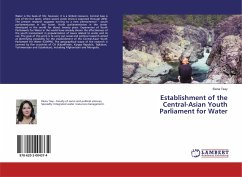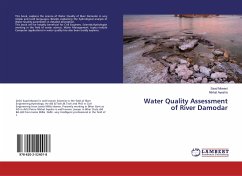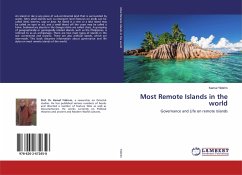Many of the Developing Nations (DN) are endowed with adequate fresh water resources and Lakes. From big rivers to small lakes, streams and ponds, these water resources are sources of livelihood and wealth creation to many families on a daily basis. This shows immense potential and opportunities in the water resources sector for the DN's economy and sustainable development including the supply of potable water for elimination of water related diseases. However, the challenge of development of the water sectors of DN has been the inability to implement the integrated, demand driven approach and effective resource management of water. It has however been observed that what the DN have is a top down, supply driven approach of water resource management. This has instigated the need for reform, restructuring and repositioning of the water sector for more effective water delivery. In this book: the challenges and the current status of the water sectors of DN; water management using space technologies; and the different ways by which the issues of challenges raised could be addressed, especially using GIS and remote sensing are all discussed extensively including how to fund.

